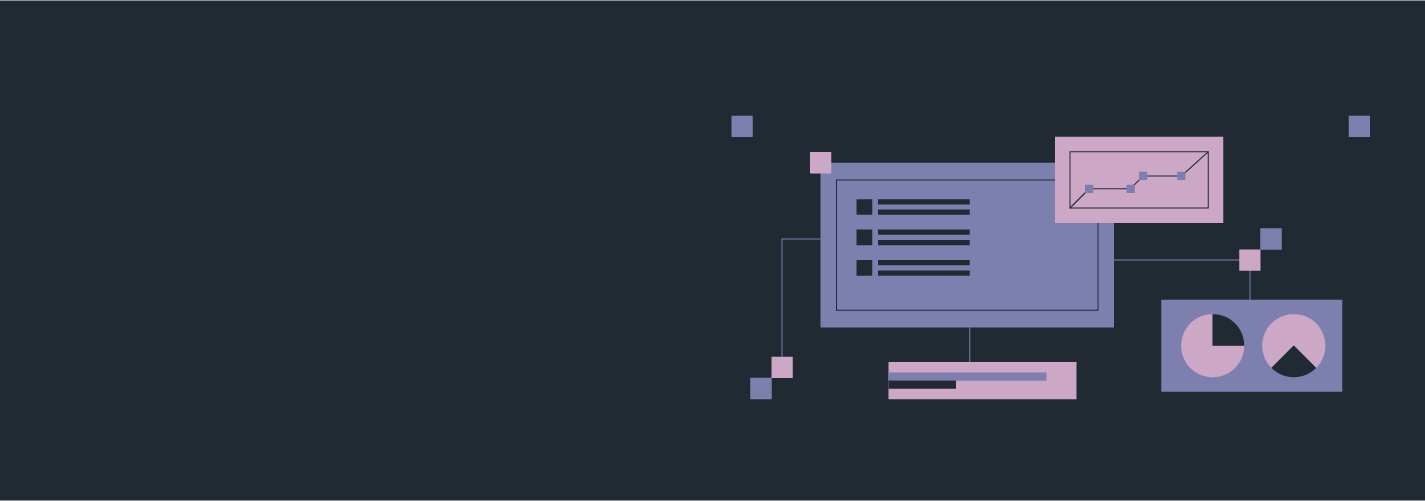Articles about the future of work sometimes irritate me because they seem to assume that before 2020, everyone was expected to clock in at the office at 9 a.m. — presumably, wearing a bowler hat and carrying a rolled-up umbrella.
Of course for most people, especially for those of us in the technology business, remote working is nothing new. We tend to be extremely familiar with attending meetings with people in different time zones, via the internet. We know not to wear pajamas for a conference call and how to un-mute ourselves when we want to speak at a meeting (usually). And we have all been communicating with work colleagues through portable devices — otherwise known as the smartphone — for a decade.
The potential to work from home has indeed changed radically, but over a longer period, decades rather than months. There was a time when pretty much all work was done face to face. One of my first long-term engagements as a consultant was when I was on site at Ford in the early 1990s. Back then, people actually did get on a plane every time they wanted to attend a business meeting. Ford owned several large planes that flew daily between the U.S., UK and Germany, so employees could collaborate on car designs. Ford then built a state-of-the-art video conference suite, which was like a TV station, in each major design center. That kind of technology cost millions of dollars back then to build and run, but it was still far cheaper than a plane.
Going back even further, back in my university days, we studied the work of Alvin Toffler. Way back in the 1970s, in his book Future Shock, Toffler predicted that homes would one day resemble “electronic cottages” that would allow people greater work-life balance and a richer family life. Over the last 20 or 30 years, the balance did indeed shift toward more working from home, with less emphasis on meeting clients in person or showing up at the office. But the shift was significantly slower and less extreme than Toffler predicted. Most of us still did a fair bit of both, until the recent pandemic.
My perhaps rather unexciting prediction for the future of work is that this will continue to be the case for most of us, over the longer term. At the moment, most people are working from home all of the time, but that will change gradually as the pandemic stabilizes and more is understood about the health risks. For people with particular health conditions, that may have to continue to be the case for longer.
Others, although not in this category, are very happy with this situation and have no desire ever to return to the office. That is probably partly a matter of personality, what job people do and perhaps a matter of the age and stage they are at in their career. Someone who has a nice apartment in a leafy suburb and likes to get out at lunchtime to weed the begonias may feel they don’t want or need to ever get on the train to work again. These people will benefit from the fact that any resistance to this way of working from old-fashioned bosses who wanted to see people under the eye has now been overcome. It will have been proved that there is no loss of productivity.
But many people, and I suspect they will be in the majority, will continue to want to balance things differently, with a large part of the week spent in the office or meeting customers and prospects. When I look back at my young days, much of the excitement and fun of my work life had to do with traveling, going onsite with clients, meeting people and simply having the opportunity to observe them at work.
In the office, too, I learned a lot from being around colleagues whom I did not work with directly, hearing them on the phone, chatting with them by the coffee machine. This led to social opportunities — activities like going for a pizza after work built friendships that have been hugely important to me. Young people also are more likely to live in a room in a shared house or a small flat in the city, and over the long-term, it is just not attractive to be working from bed, with the laptop stacked on a pile of pillows. So businesses that want to recruit and retain talented and motivated young people are likely to find that being able to offer a great working environment alongside colleagues they can learn from continues to be a big draw.
Personally, I am someone who travels widely to meet customers and prospects. I also attend many events each year where I can chew the fat with business people who work in my sector and learn about what problems and challenges they face and what their ideas are to solve them. Those more relaxed, informal engagements are a very important source of information and insight. I also enjoy meeting people in what my children call “IRL” (in real life) rather than virtually. And in my experience, being prepared to go the extra mile to meet someone face to face can confer a competitive advantage. I expect that to continue into the future.
So, I think some of the predictions that we are seeing about the future of work may be overblown. I don’t expect that many companies will give up on having permanent office space. Nor will they replace their entire teams with robots — although they may introduce a bit more automation. And people won’t stop attending events, meeting customers or working from the office. I am a big believer in the potential of technology as a tool to support people and to help them communicate. But it has its limitations, and at the moment, I think we are all discovering what those are.





